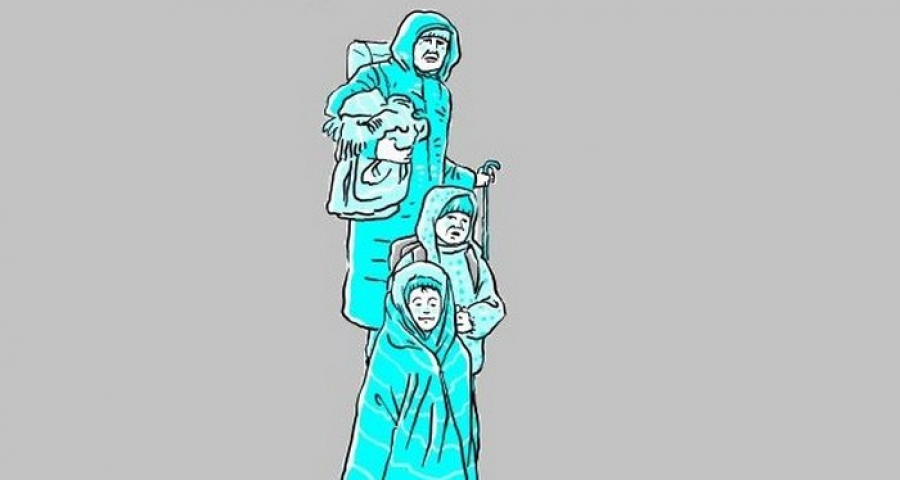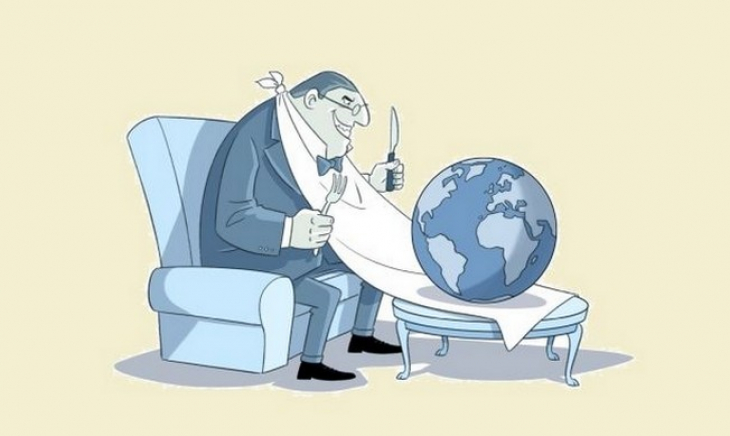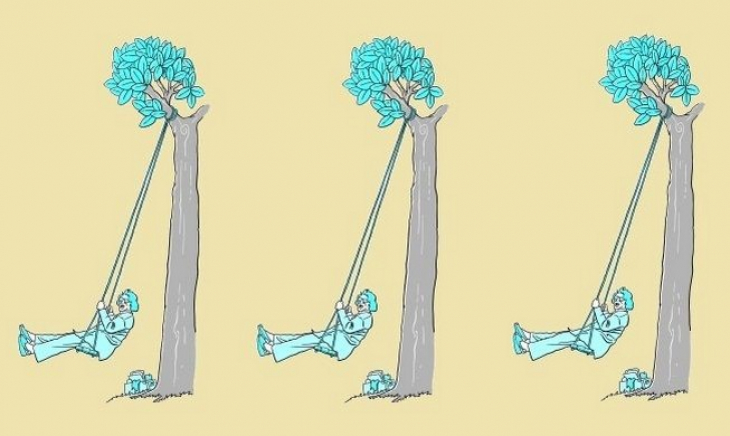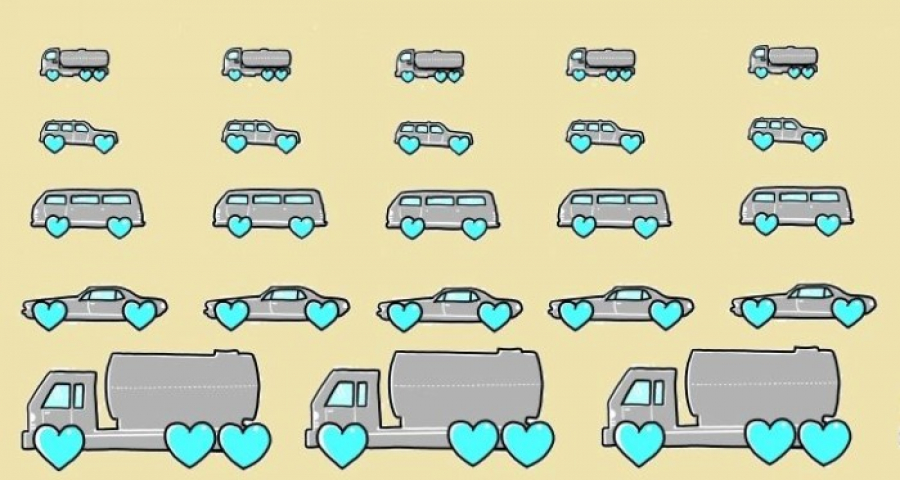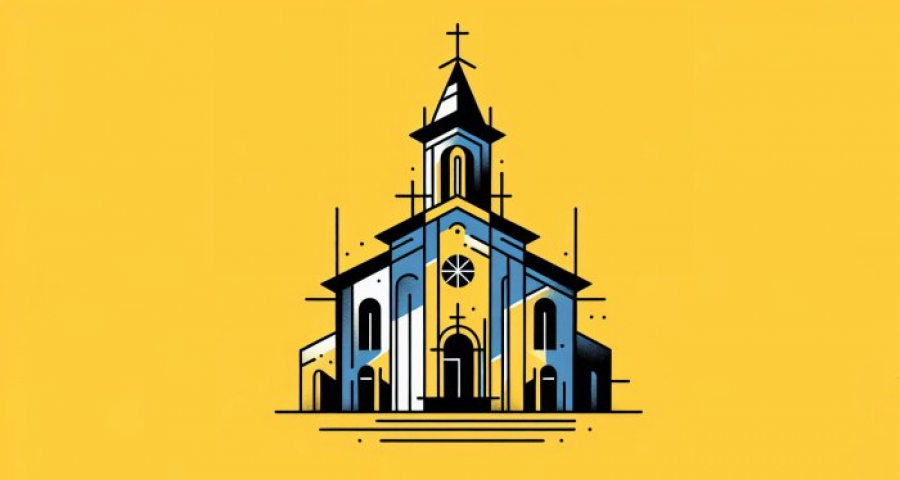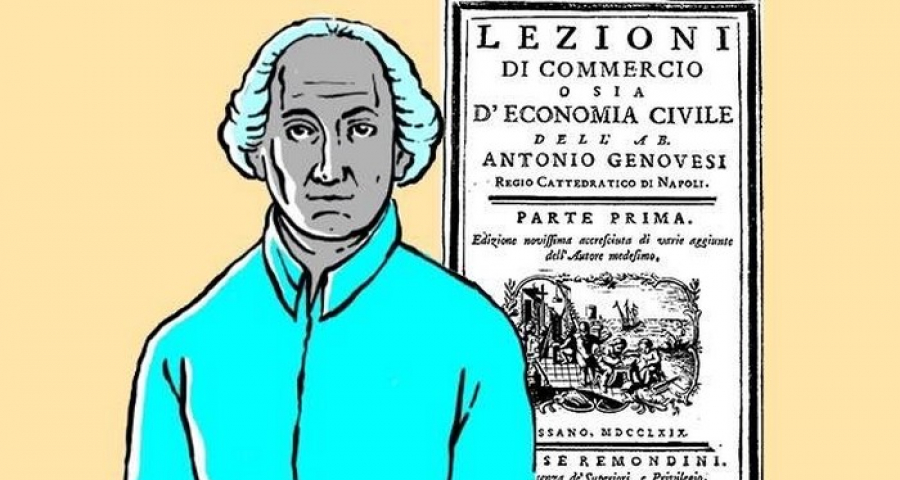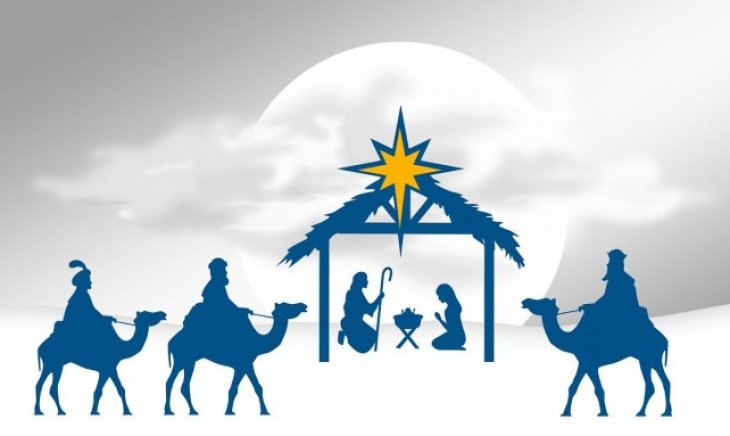Today the earth is full of Samaritans and Syro-Phoenician Women waiting for us at the crossroads to explain the Gospel that they do not yet know: when will we bend down to listen to them?
By Luigino Bruni
published in Messaggero di Sant'Antonio on 8/11/2022
The parable of the “Good Samaritan” is among the most beautiful in the Gospels (Luke 10). Pope Francis chose this parable as the biblical cornerstone of his encyclical on fraternity, Fratelli tutti. The first message of the Good Samaritan is the difference between “neighbour” and “the person close to one”. The Samaritan who passed by on the road was not the closest person to the victim who fell into the hands of the robbers; on the contrary, he was the furthest from him from all points of view (by religion, ethnicity, and geography). Instead, the injured man’s neighbours were the priest and the Levite, who, on the contrary, did not stop. So, the Samaritan made himself a neighbour of that person even though he was not close to him.
The golden rule of the Gospel then disentangles love from the many forms of proximity: one does not love one's neighbour because he is close to me, or because he is closer to me than another person, but because he is a person who is in need, because he is a victim. Otherwise, as the economist Amartya Sen reminded us (The Idea of Justice), we will always have people who are closer to us than others, and therefore we will not be just because every idea of justice carries with it an idea of fairness of treatment. If I treat those closest to me better than those who are less close, the first rule of justice is broken. So the phrases and policies that are based on expressions like “Italians first”, “Europeans first”, “Catholics first” are radically contrary to the logic and politics of the Gospel, which only allows us to say: “The first one is the one I meet on the road who is in need”.
Jesus himself learns the logic of the Good Samaritan, when (as Mark's Gospel recounts in chapter 7:24-30) he meets the Syro-Phoenician woman. That woman, who is from another people and another religion, therefore a ‘distant’ one, asks him to cast a demon out of her young daughter. And Jesus as a first response confuses the one who is close with one’s neighbour, and says to her, “First let the children eat all they want, for it is not right to take the children’s bread and toss it to the dogs”. Here Jesus repeats what any sensible person would say. To take care of one's own children first and then those of others is part of natural law: it is not good to take care of others without having solved the problems of the family first.
But the Gospel is neither common sense nor natural law: it is agape, it is something else. There and then, that foreign and distant woman, though she was unaware of it, was telling Jesus the parable of the Good Samaritan, she was teaching him his Gospel. Jesus let himself be converted by her: »“Lord,” she replied, “even the dogs under the table eat the children’s crumbs.” Then he told her, “For such a reply, you may go; the demon has left your daughter.”« It is wonderful to see Jesus learning his Gospel from a pagan woman, from a mother, it is moving and absolutely human to see that even Jesus changes his mind, that even God is converted.
The Church still follows Jesus if she continues to be converted by the victims, if and when she is capable of rediscovering the Gospel by meeting the poor along the road, those poor and distant people who have explained and still explain to the Church its own Gospel, with words that speak of human rights, respect, equality, fraternity and sorority. The Church has been converted to a more Christian Gospel through the humane words of victims and the distant ones. For in the Bible man learns heaven from God but God learns earth from men, women and children. Today the earth is full of Samaritans and Syro-Phoenician Women waiting for us at the crossroads to explain the Gospel that they do not yet know: when will we bend down to listen to them?
Photo credits: © Giuliano Dinon / MSA Archive






